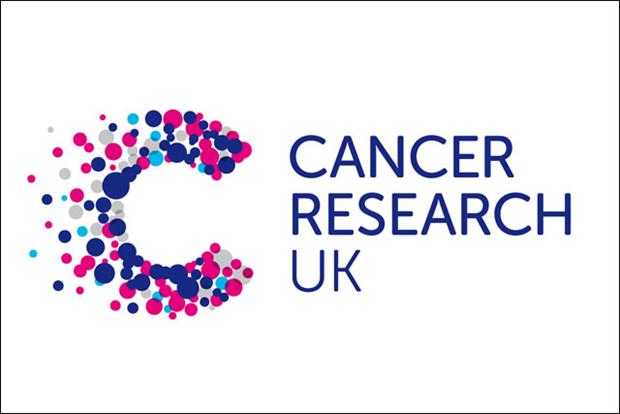Share this Page:
A recent article in Annals of Oncology reports new patient-reported outcomes data from the S-TRAC study to suggest that adjuvant sunitinib treatment in patients with a high risk of recurrence of renal cell carcinoma (RCC) was linked to increased symptoms and a worse health-related quality of life (HRQoL) compared with placebo.
Not only does adjuvant treatment with sunitinib have mixed study results, these new data in patients with a high risk of recurrence of RCC have demonstrated that adjuvant sunitinib treatment also resulted in a worse quality of life for patients who are tumour-free and who may never relapse.
“Patients on sunitinib did report increased symptoms and reduced HRQoL, but these changes were generally not clinically meaningful, apart from appetite loss and diarrhoea, and were expected in the context of known sunitinib effects,” wrote the authors of the article.














